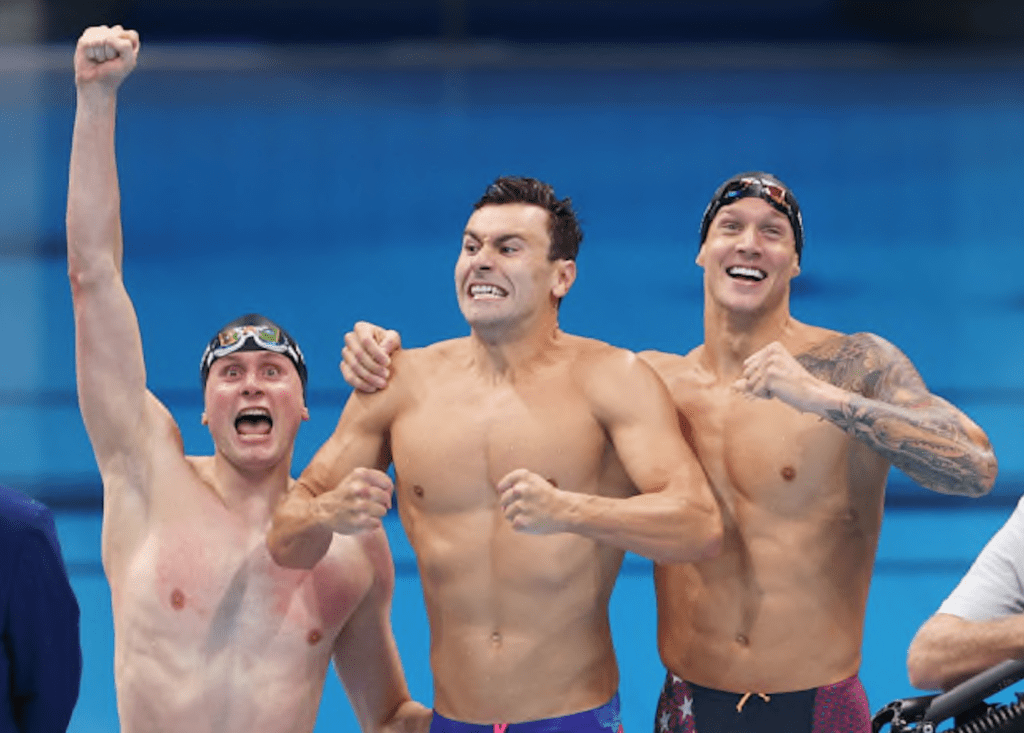Magic of the Olympic Games Still There
By • July 26, 2021 0 1227

The Olympic Games of 2020 (2021) are now in full swing in Tokyo with all the complicated controversies, criticisms, competition and ceremonies that have become the modern Olympic Games more than 100 years old.
Now after following the Games of the XXXII Olympiad for four days, one thing seems clear: despite all the “c”s, the magic is still there. It’s the presence of the athletes, their supreme focus, efforts, prowesses, successes and losses that make up the magic of these games.
For those of us who have had the privilege – luck – of being able to work as staff or even participate in the Olympic Games. I was a translator and NOC staff for two years for the Los Angeles Olympic Organizing Committee in 1983-4. Several Georgetowners worked in the games in Atlanta in 1996. We know personally about that magic when the athletes arrive.
We also know that the pure basic challenge of the Olympics remains. The whole point of the games is to celebrate the ultimate achievement of the human body: citius, altius, fortius – swifter, higher, stronger. How far can the body go in the ever-evolving tests of athletic performance that the old and new sports demand – without drugs and other enhancement products outside of shoes (or not), clothes and equipment supposedly available to all?
The Olympics is not about nation states, either. The modern games are owned and run by the International Olympic Committee and its member National Olympic Committees, representing respectively the international federations for each sport along with their national sports federations. The entry of athletes in the opening ceremony under the flag of their nation and the playing of national anthems on the medal podiums, is pure ceremony.
There is a basic requirement that every athlete on a national team must be a citizen (a “national” in Olympic speak) of that nation. But nations do not govern the sports, choose the athletes or sponsor the teams. President Jimmy Carter breached that principle badly in demanding that the USNOC pull out of the Olympic Games in Moscow in 1980 after the Soviet Union had invaded Afghanistan. That later led to the entire Soviet bloc of nations to boycott the LAOOC games of 1984. Still, first lady Jill Biden appears as a government representative allowed to attend the Tokyo Games when not even families of the athletes may do so.
But these are the kinds of current-event controversies that have always plagued the Olympics and changed their management. After the slaughter of Israeli athletes by terrorists in the very open Olympic village in Munich in 1972, Olympic venues and villages have become testimonies to the latest security techniques and processes. Huge debts incurred by cities hosting the games now has limited the number of bidders who want the Olympics perhaps bringing closer the idea of having just one locale for the event – probably in Greece. Similarly, the pandemic has changed complete access to the games’ venues by even city residents who have paid dearly for them.
Nevertheless, none of these challenges reduces the magic of the athletes’ presence. It is easy to observe their joy to compete with the best in the world in dozens of sports — with new ones added each Olympiad. This year’s exciting new Olympic sport is street skate boarding, where the obstacles include steep narrow handrails, park benches and the like. Two of the medal winners are 13 years old.
The Olympics allows tiny countries to highlight their best athletes equally in a global event. They may not win a medal but their joy at competing is as seductive and thrilling as watching the top athletes exceed our every expectation. The Olympics is about marveling at the athletes and the physical challenges of the world’s most popular sports — and marveling at the achievements of the human body. You can choose to enjoy it or not.

